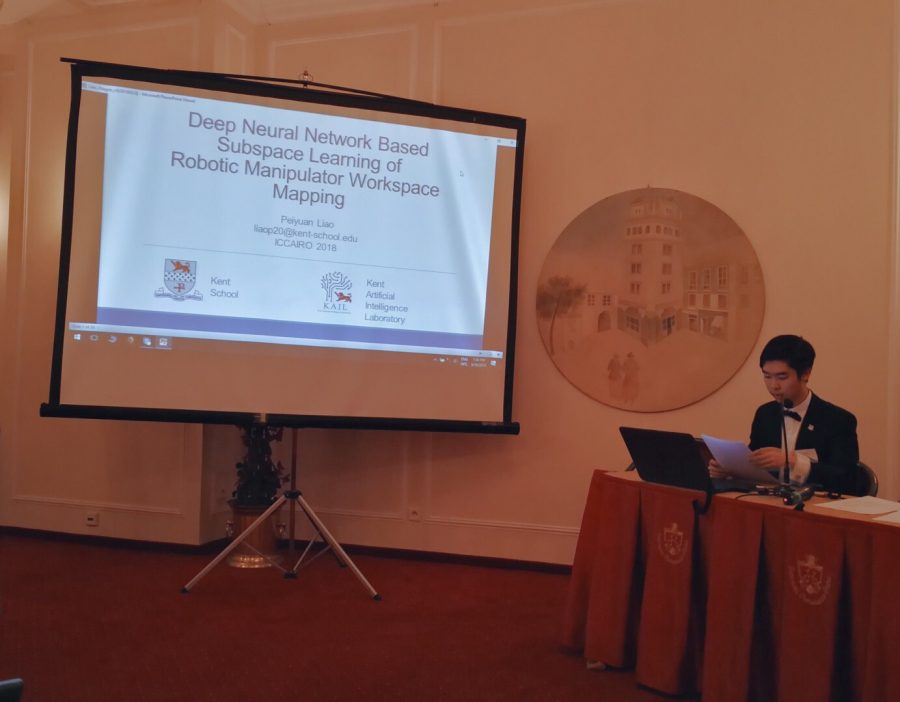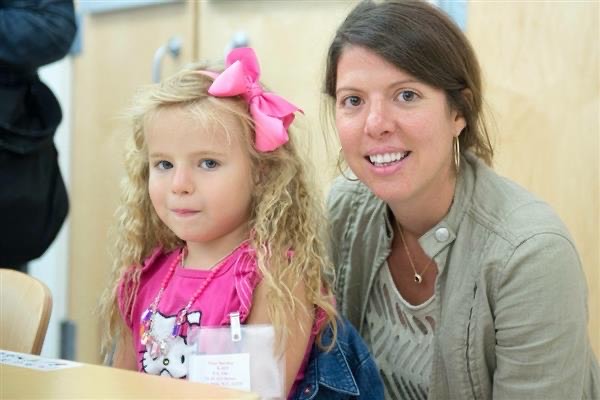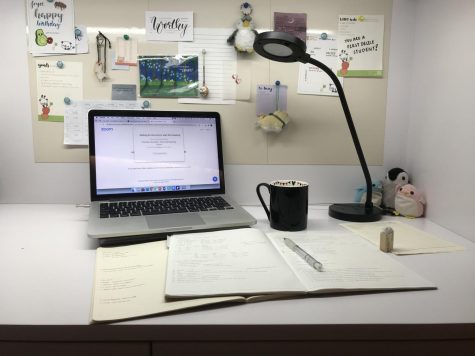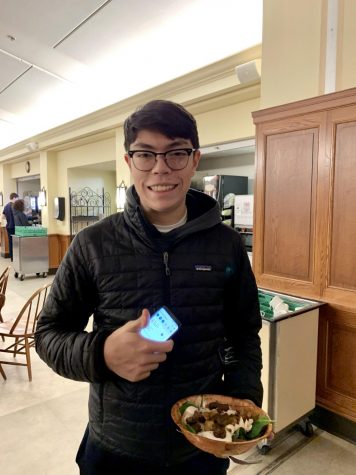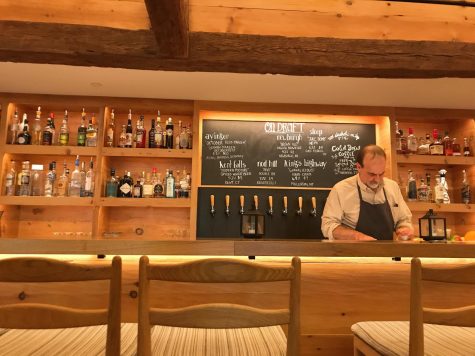The Story of a Fiercely Dedicated Young Programmer
April 26, 2019
A few days ago, Alexander Liao ’20 received an early admission acceptance letter to Carnegie Mellon University’s School of Computer Science, home to one of the top-ranked computer science programs in the country. This is a true testament to his outstanding achievements in the computer science field during his three-year career at Kent School.
Liao started programming at the beginning of freshman year. Soon, he was intrigued by the uniqueness of the subject. “Unlike other sciences, such as biology and chemistry, in which only one variable is changed in each experiment, there are myriad possibilities in computer science and huge areas for imagination,” he explains. “I never get tired of it because the solutions and outcomes can become so different each time.”
Liao not only studied AP BC Calculus with Dr. Nadire in his sophomore year but also self-learned linear algebra for programming needs. His devotion towards computer science is recognized by Dr. Nadire, his advisor, who comments, “whenever Alexander is writing algorithms, his self-motivation and concentration are impressive.” Dr. Nadire explains that Liao’s curiosity extends further into math as well, as “he loves to know how to prove the theory in BC and learn the logic behind it.”
After a year of trudging through baffling algorithm equations, simple coding could not pose a sufficient challenge to Liao. More importantly, he felt that his voice and passion couldn’t be heard.
“A community is needed,” he says, “ and I would be more encouraged if there is someone who could listen to my thought process and exchange ideas with me.”
With the desire for an artificial intelligence (A.I) learning community, he, Dr. Nadire, and Aaron Mao ’19 created the Kent A.I Lab, also known as KAIL. The main goals for KAIL are exchanging of ideas within the club and helping students with their research in A.I.
In the spring semester, he first got in touch with Kaggle, an online learning community for professional data scientists and machine learners. The people in this community are called Kagglers.
The three main activities in Kaggle are discussion, kernel, and competition. In the discussion section, Kagglers can discuss anything they want in their field of expertise. Kagglers share their research, such as scripts and discoveries. They are recognized as a professional and passionate group of individuals, and there are companies that pay Kaggle and employ these Kagglers to help them create tools for predicting data sets. Kaggle uses these problems to run competitions among the Kaggle community.
Liao and KAIL have finished in the top five percent in each of Kaggle’s most recent competitions and now is ranked 52nd out of 102,745 teams. This accomplishment has earned him the title of Competition Master.
“It’s challenging. I am competing with mostly university students. I need to work about four to five hours per day to keep my position,” he says, frowning a bit, “but I am very motivated to continue working because it’s a lot of fun getting your voice heard in the discussion.”
When asked about his decision to attend Carnegie Mellon, he answers immediately, “it’s a no brainer; they have the best computer science program in the world. I can’t wait to go there to continue deep studying with the most authoritative data science professors in the world. I have been to their summer school and the campus is beautiful, the professors there are nice, and you know what? They invented the emoji system that we cannot leave in our daily conversation, such as the smiling face ‘:)’ and the sad face ‘:(’. Everything just seems perfect for me there.”


